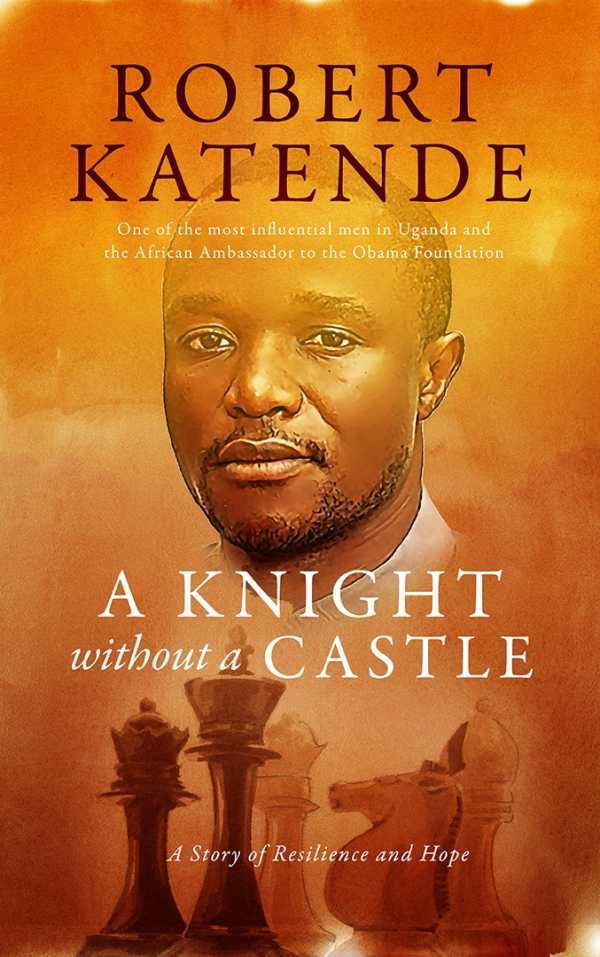
A Knight Without a Castle
A Story of Resilience and Hope
A Knight without a Castle is an inspirational memoir about determination, faith, and success.
Robert Katende’s experiences as a survivor and a man of faith propel his advice-laden memoir A Knight without a Castle, all about how he parlayed the many challenges he faced into opportunities to succeed.
Katende—the founder of the SOM Chess Academy, which presents chess as an avenue of opportunity for disadvantaged Ugandan children, and whose most famous attendee, Phiona Mutesi, was the inspiration for the Disney film Queen of Katwe—grew up in the Ugandan slums, challenged by his circumstances from birth. His father wanted nothing to do with him; his mother was fourteen when she had him. His grandmother made sure they scraped by, selling bananas and onions for a pittance. But Katende always dreamed of more.
After his mother’s death, he was passed between relatives, determined to receive an education but never sure about where the tuition would come from. Despite it all, the text shows, he found ways to persevere. Sports and hard work became a way into a better life; he entered university, found his Christian faith, and started a happy family. The text is written with the certainty that others can do the same.
Derived from Katende’s experiences, sidebars come every few pages to deliver adages and instructions, including “it’s not over til it’s over” and “see challenges as opportunities.” Most of these encouragements rest in maxims without spurring specific actions. They are preceded by chess-specific ideas and are followed by quotes from thinkers as disparate as Anaïs Nin and Albert Einstein; neither add clarity, and the feature is soon repetitive.
Katende’s story is inspiring, but it is narrated in the barest of terms. The writing is aphoristic, driven by a profusion of truisms and mixed metaphors. Specifics are common—the name of the man who hires Katende to help dig a fish pond is included, as is the amount of tuition he was able to pay one semester—but are not dynamic. Time passes in a flash; settings, characters, and conditions are hinted at, but not conveyed. Sympathetic accounts are overdramatized to the point of ineffectiveness. Though chess is central to the narrative, much of the book evades indicating how, and why, the game entered Katende’s life.
A late shift to a second narrator ups the book’s inspirational qualities, but it is discombobulating. The book’s secondary focus on Queen of Katwe, and on contextualizing people in Katende’s life as well as those connected to the film, makes an already disjointed text less cohesive.
Robert Katende’s inspirational memoir segues from accounts of his perseverance through tribulations into advice for those who also hope to succeed despite adversity.
Reviewed by
Michelle Anne Schingler
Disclosure: This article is not an endorsement, but a review. The publisher of this book provided free copies of the book and paid a small fee to have their book reviewed by a professional reviewer. Foreword Reviews and Clarion Reviews make no guarantee that the publisher will receive a positive review. Foreword Magazine, Inc. is disclosing this in accordance with the Federal Trade Commission’s 16 CFR, Part 255.
